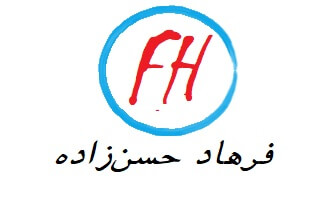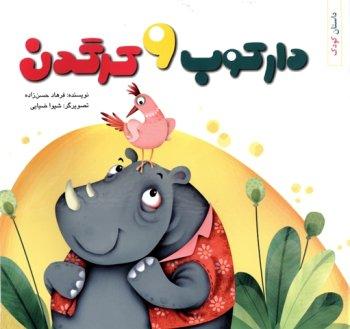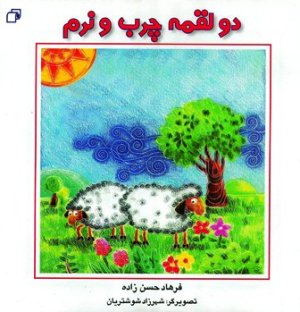promise
A fight is always going on
between me and myself
me, brave, fearless and a worrier
myself, lazy, dirty and a coward
I beat, I rip, I wreck
I spin, I shake, I break
the fight with myself ends
I am dusty now and time to bathe
Oh god! bathing! no!!!
I promise not to fight with myself anymore
promise
Poem by Farhad Hassanzadeh
Translation: Haideh Hadavi



